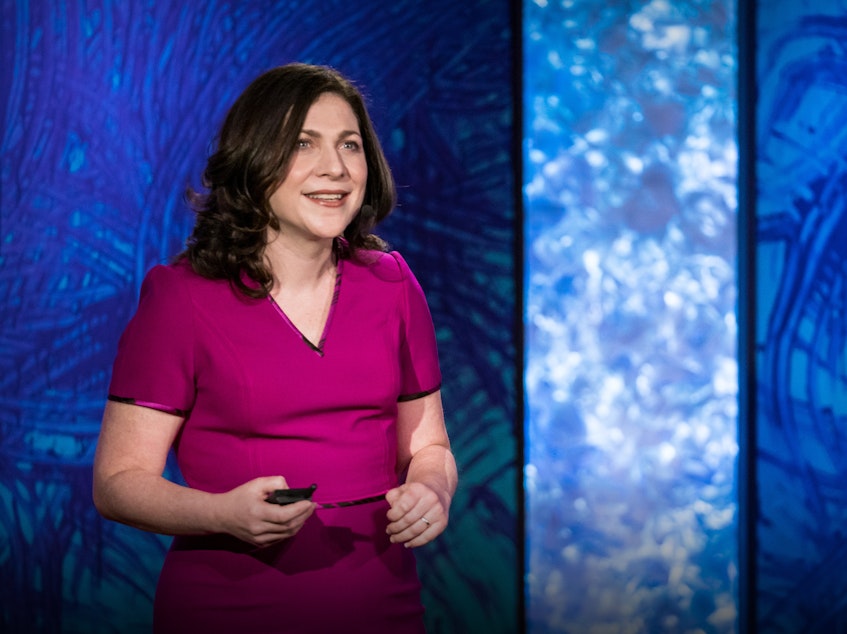Kimberly Noble: How Does Family Income Affect Child Brain Development?

Part 1 of the TED Radio Hour episode Life Stages Of The Brain
At birth, babies' brains look pretty similar. But by age five, there are acute disparities in development. Through a series of studies, Kimberly Noble has found one major factor is family income.
About Kimberly Noble
Kimberly Noble is a neuroscientist and pediatrician. She is an Associate Professor of Neuroscience and Education at Columbia University, where she serves as the director of Neurocognition, Early Experience and Development Lab.
Her research focuses on disparities in development and health across infancy, childhood, and adolescence. She is also the co-director of Baby's First Years study, a clinical trial of poverty reduction to assess the impact of household income on children's development in the first three years of life.
Sponsored
She received her B.A. in Biological Basis of Behavior, Ph.D. in neuroscience, and M.D. in Medicine from the University of Pennsylvania. Noble completed her residency in pediatrics at Columbia University Medical Center. [Copyright 2021 NPR]



